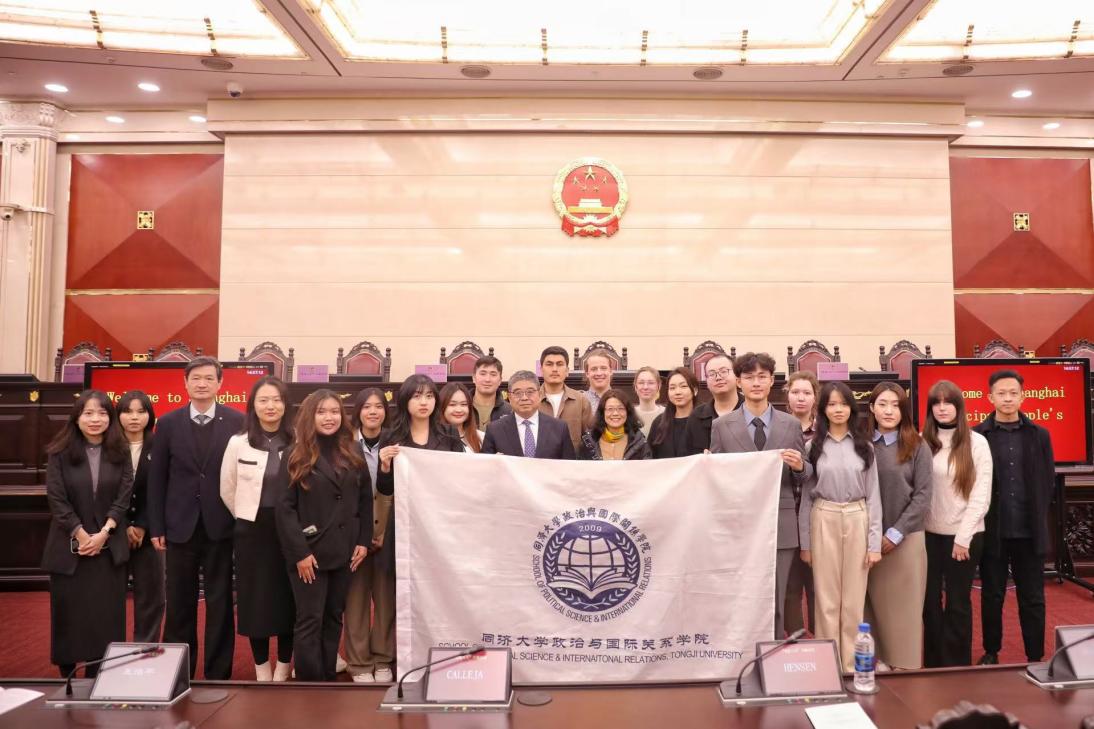
International Students Enter the People’s Congress to Discuss the Practice of the Whole Process People’s Democracy
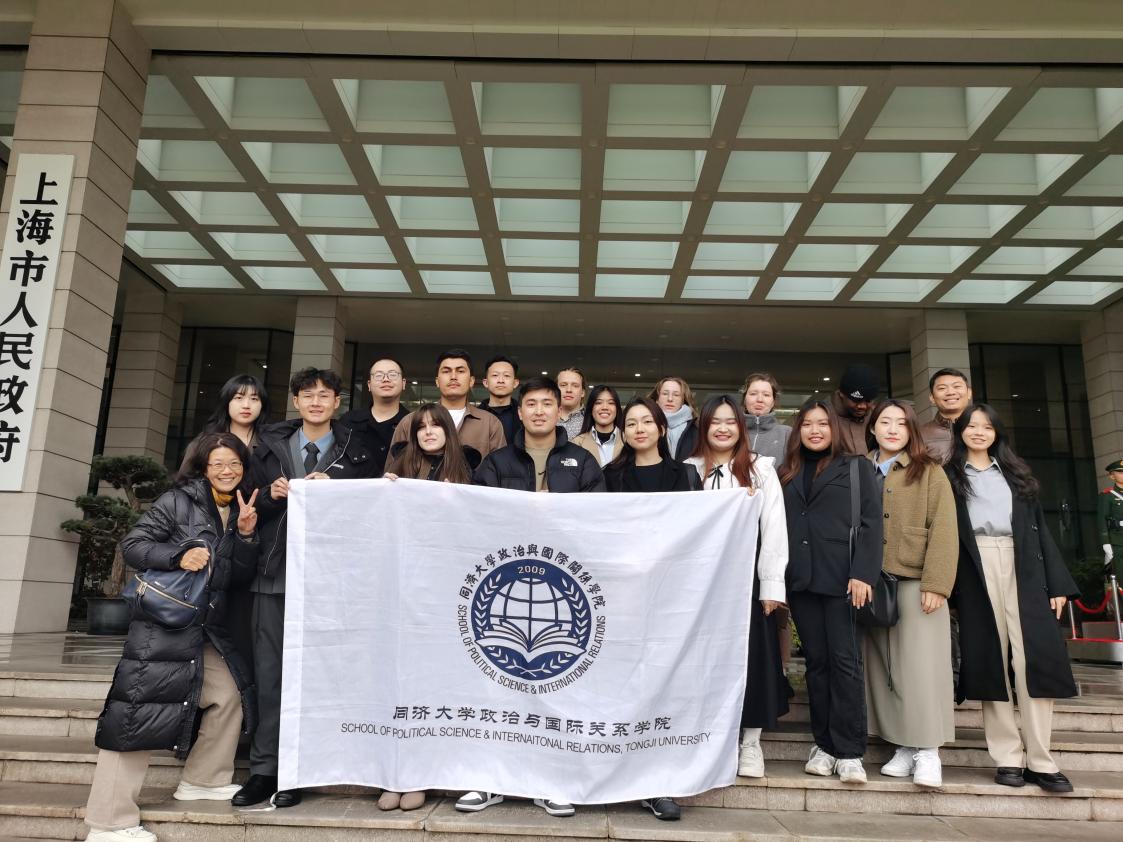
On December 11, 2024, the Foreign Affairs Committee of the Shanghai Municipal People's Congress and the School of Political Science and International Relations of Tongji University jointly held the “Enter the People's Congress” event, attracting 32 international students from 20 countries. The event aimed to help foreign students gain an in-depth understanding of the system of the People's Congress of China and the practice of the whole process people’s democracy, and enhance their knowledge of China’s political system and governance model.
The international students came to the conference hall of the Standing Committee of the Shanghai Municipal People's Congress and were warmly welcomed. The event started with a vivid introductory video, which comprehensively demonstrated the historical development of the system of the People’s Congress and its important role in contemporary Chinese society, providing an intuitive learning basis for the international students.
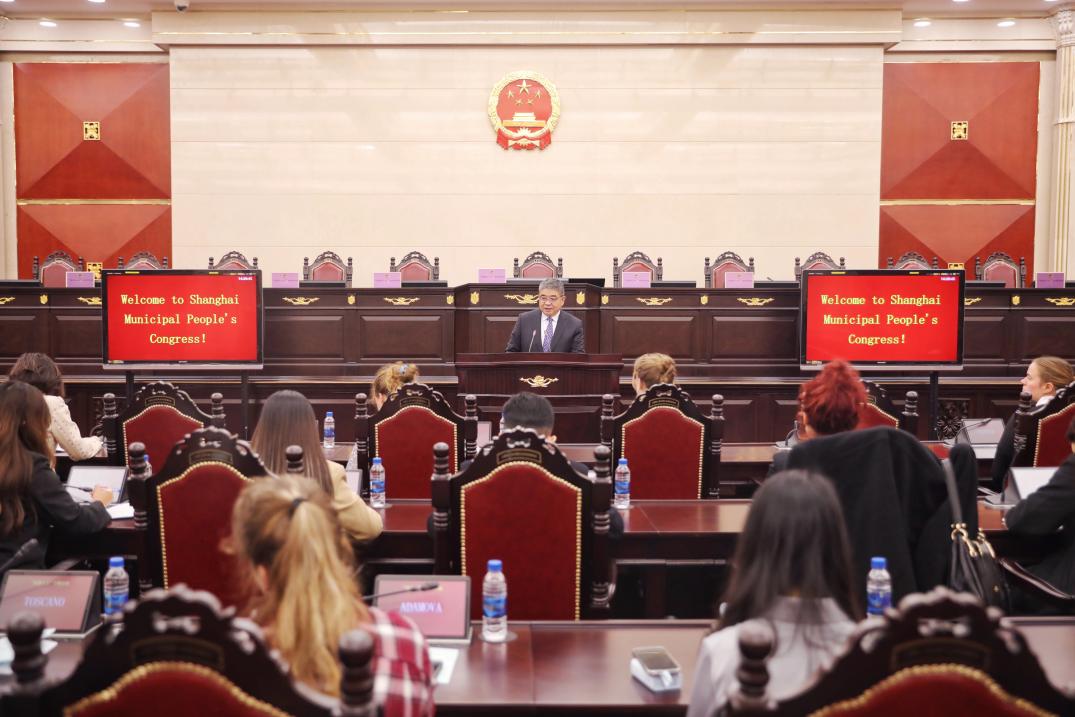
Subsequently, Wang Zhiping, Vice Chairman of the Foreign Affairs Committee of the Municipal People's Congress, gave an in-depth introduction to the connotations and features of the system of the People's Congress, covering aspects such as how it embodies the people being the masters of the country and how power is distributed and operated in national governance. He also elaborated on the functions and mechanisms of the Standing Committee of the Municipal People’s Congress and led the international students to visit the functional layout of the conference hall, enabling them to have a more intuitive understanding of the operation of this political venue.
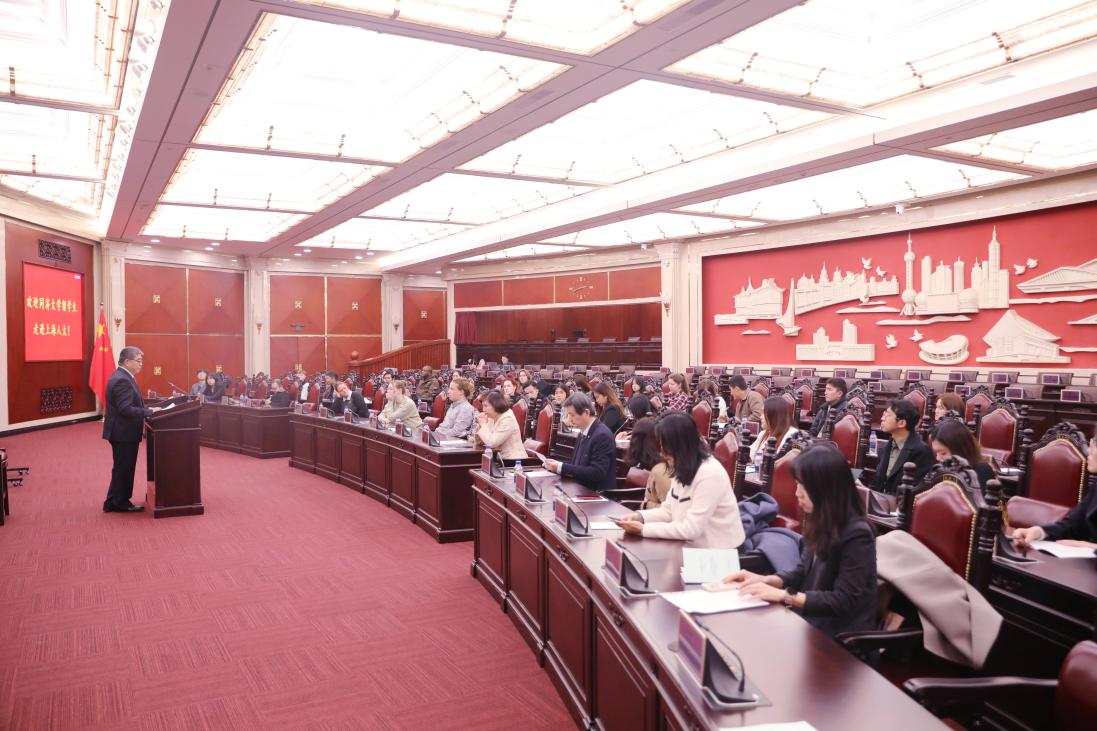
During the interactive exchange session, the international students showed great enthusiasm and raised questions on various topics such as local tax and budget supervision, legislation on domestic waste classification, and digital economy governance. For example, Ming Qiuhuang from Cambodia paid special attention to Shanghai's innovative practices in the development of the digital economy, believing that it not only helps shape students' future careers but is also closely related to her academic interests. Ai Jinhua, also from Cambodia, was deeply impressed by the immersive experience of the system of the People's Congress, saying, "Sitting in the conference hall and seeing the nameplate with my own name on it made me feel very special." Another Cambodian student, Hong Xiumei, observed that the People's Congress has found a delicate balance between stability and innovation, which has played a crucial role in urban development.
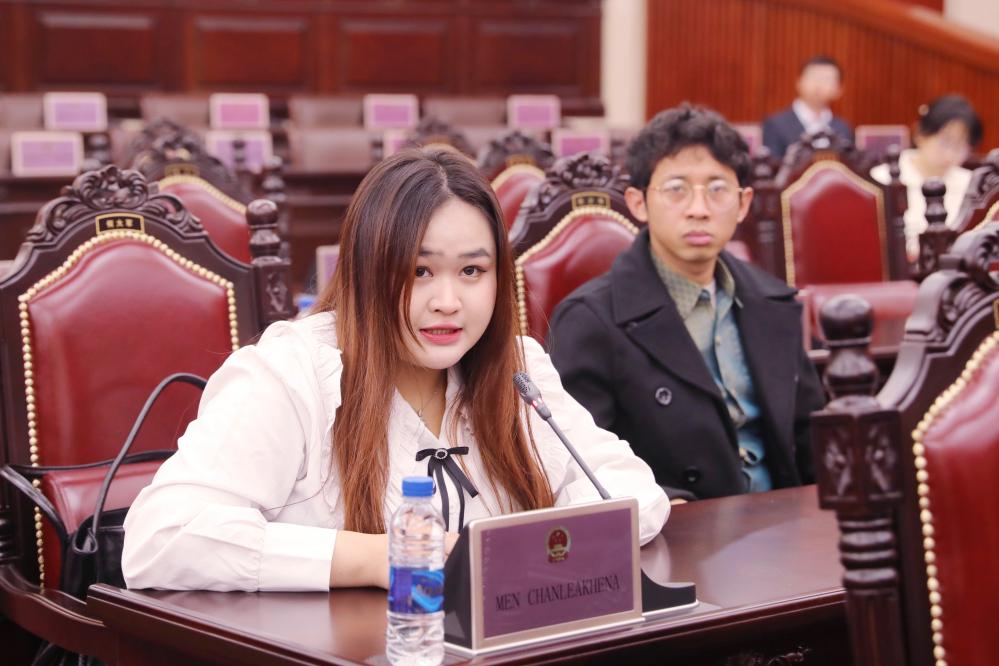
The legislation on waste classification was the focus of attention for many students. Cambodian student Chen Wentai said that he was deeply inspired and believed that Shanghai's successful experience could provide a reference for his motherland. Yong Jun, a Tajikistani student majoring in international politics at Tongji University, also sighed with emotion that the People's Congress has improved the urban governance system through multi-field collaboration, making him deeply understand the meaning of "the city of the people, by the people, for the people".
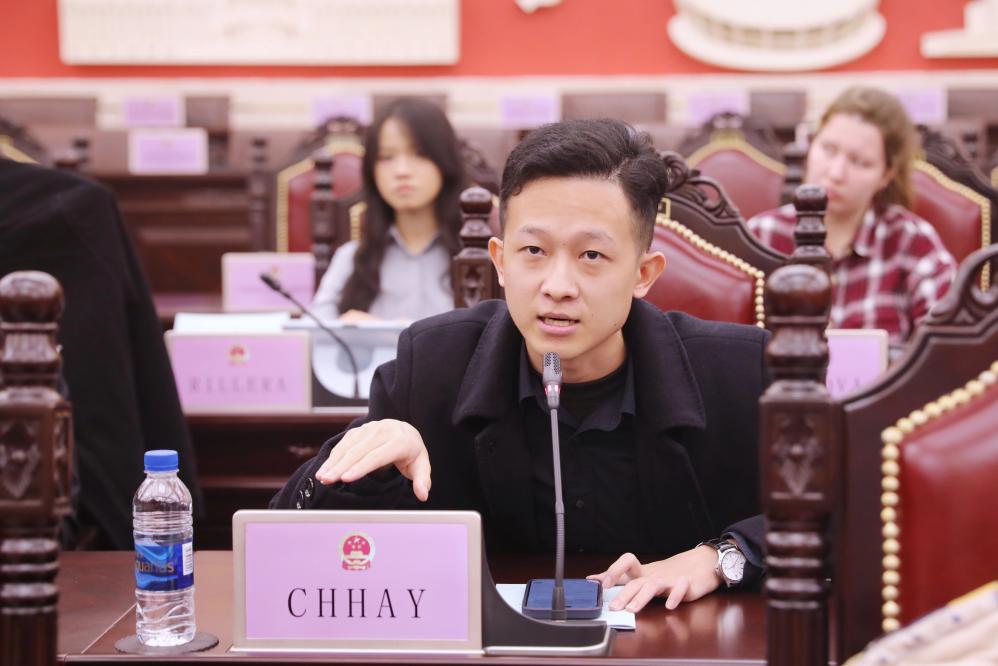
In addition, the international students also paid attention to the role of the People's Congress in digital economy governance. Huang Tingting, a student from the Philippines, thought that the efforts of the People's Congress in this field were very meaningful and emphasized the importance of laws in promoting urban modernization and economic development. Maria Toscano from Italy said that the People's Congress combines social responsibility with policy practice, providing impetus for urban transformation, and she was especially touched by the concept of "caring for the vulnerable groups".
After the event, the international students shared their experiences and insights one after another. Jumak, a student from Kyrgyzstan, mentioned that this visit made him truly feel the vivid practice of the whole process people's democracy and recognize Shanghai's innovative measures in economic development and social governance. Zhang Ningtian, a student from Thailand, said that the history and culture carried by the building of the People's Congress made him feel the close combination of urban governance and historical development.
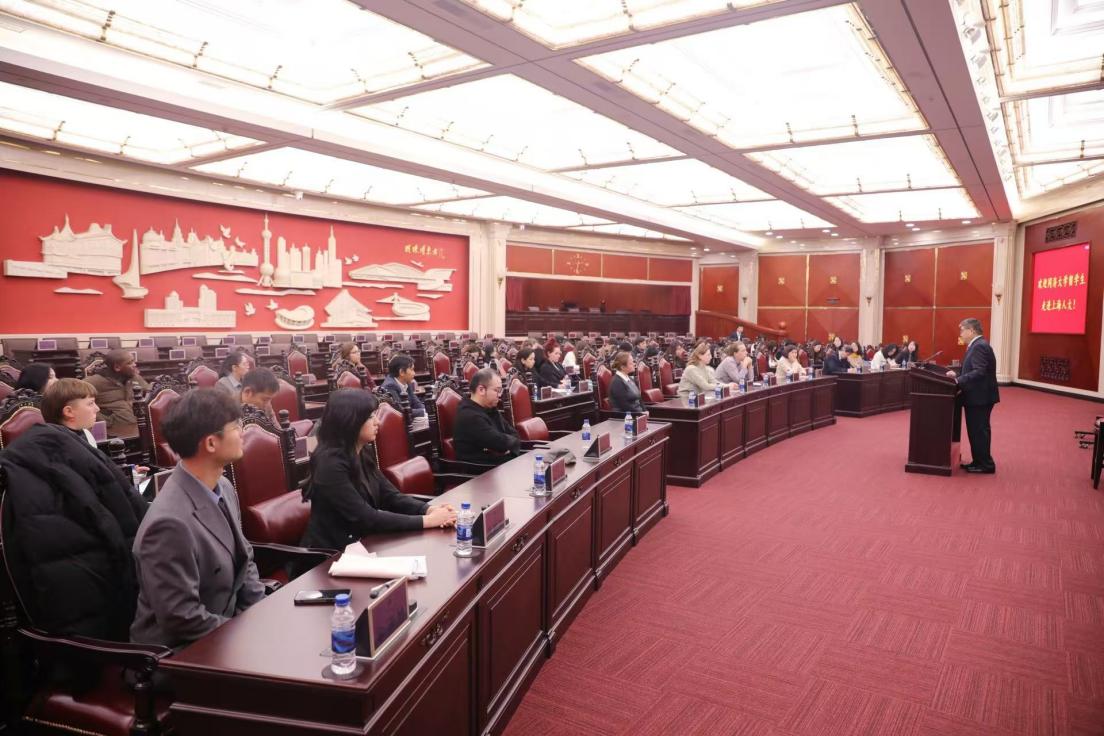
Through this event, the international students have gained a deeper understanding of China's political system and have expressed their hope to apply these experiences to the development research of their own countries. This valuable practical opportunity has not only deepened their understanding of the whole process people's democracy but also built a bridge for cultural exchanges between China and foreign countries.
